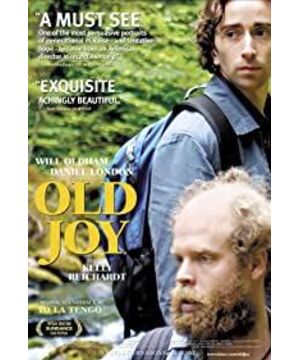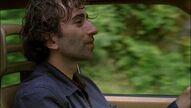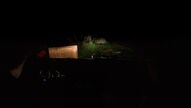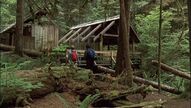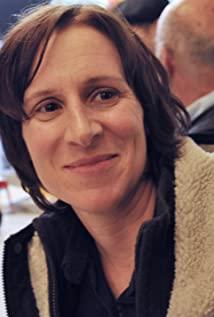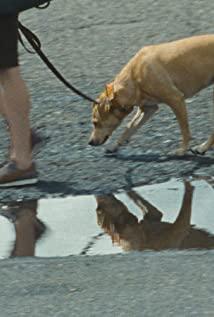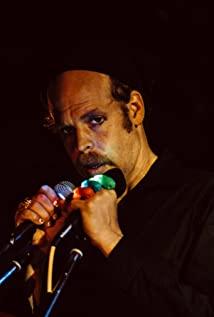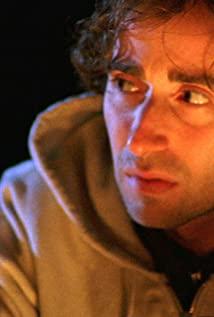Reichardt likes to use radio broadcasts to render the era and status, as in "A Certain Woman" and in this film as well. There are media discourses about society and politics on the radio, and the state of the two men is also in line with the anxiety era under the bombardment of all kinds of information, from town to mountain forest, from modern to primitive, from hustle to silence. This two-person trip can be regarded as a recovery, to find the joy of yesterday, to find the state before getting used to the modeled life, but their relationship always shows a state of alienation and isolation, especially mark. With a family, he has the pressures and troubles that he must have at this stage. He resolutely went to this journey with his old friends, but he seemed unable to really devote himself to it. He is the silent one, the melancholic one, while the kurt appears more purposeful and active, they seem to be two-state species. This slow and quiet trip is full of nature, slowly surrounded by green vegetation, two people and one dog, until the time of the hot spring, when Kurt massaged Mark, the anxiety and estrangement that have been hidden under the surface of calm have been obtained. Temporary relief. Their emotions were soothed by such physical contact. This was an ambiguous moment. The film explained almost nothing about the past relationship between the two of them. All information exists at this moment. The changes in the state brought about by the contact with him have multiple interpretations, which is also Reichardt's very personal narrative rhythm and method. Parting ways after the journey, mark is back at home and kurt is wandering the neon streets alone, after a life intersection about talking and touching, the two return to their lives before the intersection, it seems no different, also Nothing has changed, such a journey becomes a memory, just like the title of the film, yesterday's joy, a touch, and a past friendship, but only yesterday.
View more about Old Joy reviews


